Counterfire members give their recommendations for reading while on holiday this summer
Lindsey German

I have been fascinated by the novels of Japanese writer Seicho Matsumoto. They are meticulous detective stories, which are fine mysteries with a lot of social content about Japan in the 1960s. Try Tokyo Express and Inspector Imanishi Investigates (Penguin 1958/2022 and 1961/2025). They remind me of the Swedish writing duo Maj Sjöwall and Per Wahlöö’s novels of the same period, also well worth reading.
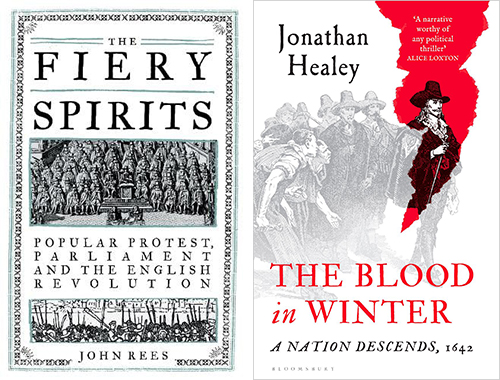
There’s been a real revival of seventeenth-century history, including this year John Rees’s The Fiery Spirits (Verso 2025), but also Jonathan Healey’s The Blood in Winter (Bloomsbury 2025) about the attempt to arrest the five members and the start of the civil war. The stories of denial of democracy, autocratic rule, and widespread popular opposition to it are highly relevant for our own age.
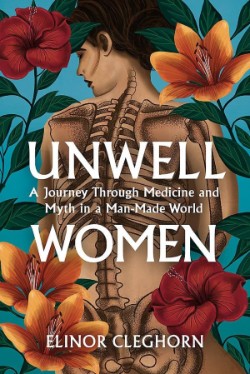
Unwell Women (Weidenfeld and Nicholson 2021) by Elinor Cleghorn is about women’s health and male-dominated medicine from the ancient world to today, and shows how social views of women have impacted their treatment, usually to their detriment.
The Fiery Spirits is available to buy at discount from the Counterfire shop.
Chris Bambery
A nineteenth-century, realist French novelist: as a holiday read, you are having a laugh. No, so bear with me.
Honore de Balzac was a Catholic and monarchist who saw the aristocracy as being the natural elite, but in restoration France, he was appalled that so many of the nobility had adopted bourgeois ways, succumbing to what he called he ‘the principles of money’ (le principe argent). He was appalled, too, at the spread of bourgeois culture throughout French society. Marx praised Balzac’s ‘profound grasp of real conditions’.
Balzac’s Comédie Humaine is a series of interconnected novels satirising the different classes, professions and regions of post-revolutionary France. The young Emile Zola would write: ‘He showed a hundred times over the narrow, limited spirit of this class … All the bourgeois of Balzac, with a very few exceptions, are selfish, ambitious beasts who patiently watch and eagerly hunt their quarry.’
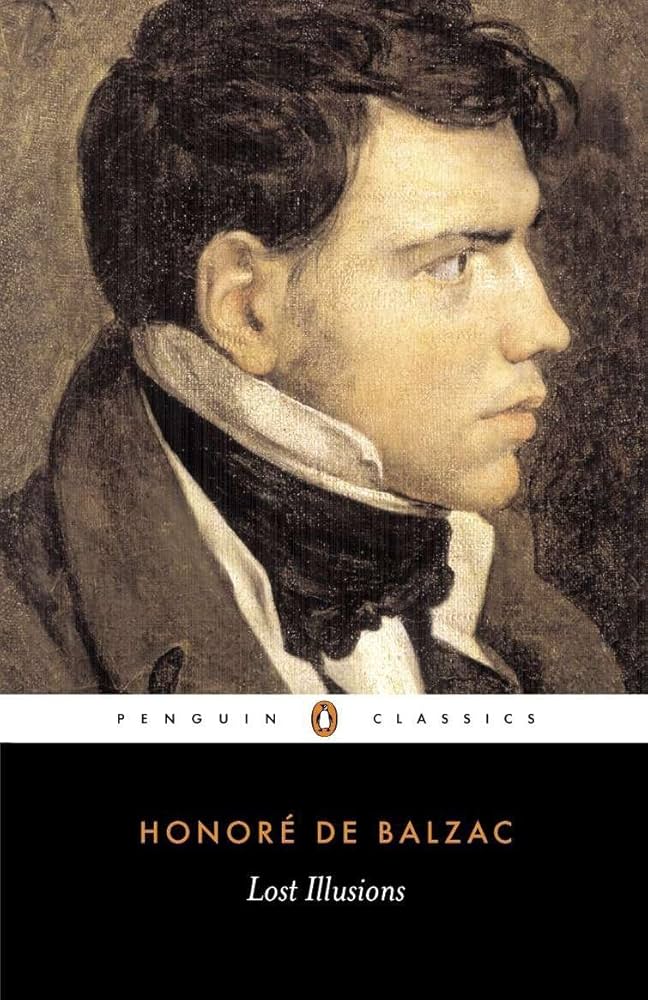
Balzac’s Lost Illusions (1837-43, Penguin Classics 1976) focuses on Lucien Chardon, a young poet who moves to Paris with an older society woman, Mme de Bargeton, only to be discarded by her and forced to fend for himself, which he does brilliantly, at least for a while. Taking a job as a journalist on a liberal paper, he chooses to write under his mother’s aristocratic maiden name, de Rubempré, rather than the common name he inherited from his father.
Lucien’s friends warn him about entering ‘those intellectual brothels called newspapers’, which ‘rot our intelligences by selling us their mental firewater every morning.’ Initially, Lucien ‘was reluctant to believe in so much hidden corruption.’ However, as he proceeds, he ‘could see them at work disembowelling their foster-mother …’. De Rubempré’s desire for fame and entry to the nobility means he joins a rival royalist paper, betrays his liberal friends and his own artistic principles. In the end, it is to no avail, and, a broken man, he returns to the provinces, a failure.
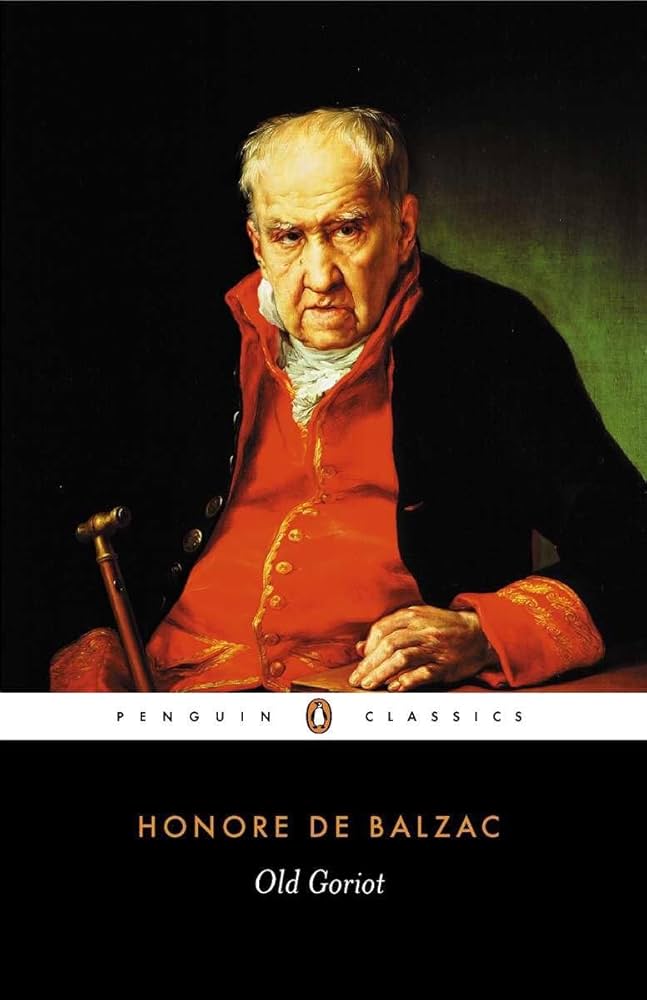
In his wonderful Père Goriot (Old Goriot) (1835, Penguin Classics 2003), Balzac takes the plot of Shakespeare’s King Lear but sets it down in 1820s Paris, a society where true love has been surpassed by love of money. Its plot centres on an impoverished but ambitious aristocrat, Eugène de Rastignac, who comes to Paris to study law.
Goriot, having begun as a common baker, makes a fortune through grain speculation and marries one of his daughters to a count and another to a banker. De Rastignac becomes the lover of one of them. Nothing will end well, with Goriot losing his fortune and coming to personal ruin.
Balzac’s pen drips contempt for Paris’s high society in the years after Napoleon’s defeat. The bourgeoisie are taking over, and he hates them, even more so the nobles marrying into their ranks and brokering business deals with them.
Give these novels a try and, I am sure, you will not be disappointed. Plus, you can access them for free on the internet!
Shabbir Lakha
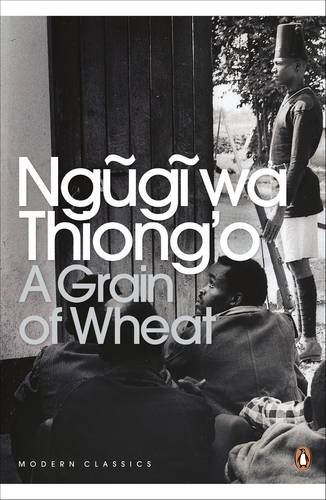
This year, we lost Ngũgĩ wa Thiong’o, the renowned Kenyan Marxist and anti-imperialist academic and author. He was a leading figure of African literature, pioneering writing in his native Gikuyu language, and whose works revived the history of Kenya’s anti-colonial struggle. I recently read his novel A Grain of Wheat (1967 Penguin Classics 2002), a beautifully written story set at the dawn of Kenya’s independence. It explores the harrowing reality of Britain’s brutal colonial rule, the guerrilla struggle of the Mau Mau against it, and the contradictions of independence as a new Kenyan ruling class emerged.
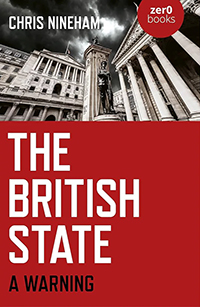
Chris Nineham’s The British State: A Warning (Zer0 Books 2019) is a timely read this summer. It is a short and easily digestible account of the development of the capitalist state and its institutions in Britain and refutes the idea of the neutral state and the gradualist approach to change. Written in 2019 when Corbyn was leader of the Labour Party, as a warning against the forces he was up against, we saw in real-time exactly how that warning came to be fulfilled. Today, as the British state facilitates genocide in Gaza and ramps up authoritarianism at home against the movement opposing it (including by prosecuting Chris Nineham), and on the eve of a potential new left-wing party, this is essential reading for activists.
The British State is available to buy at discount on the Counterfire shop.
Elaine Graham-Leigh
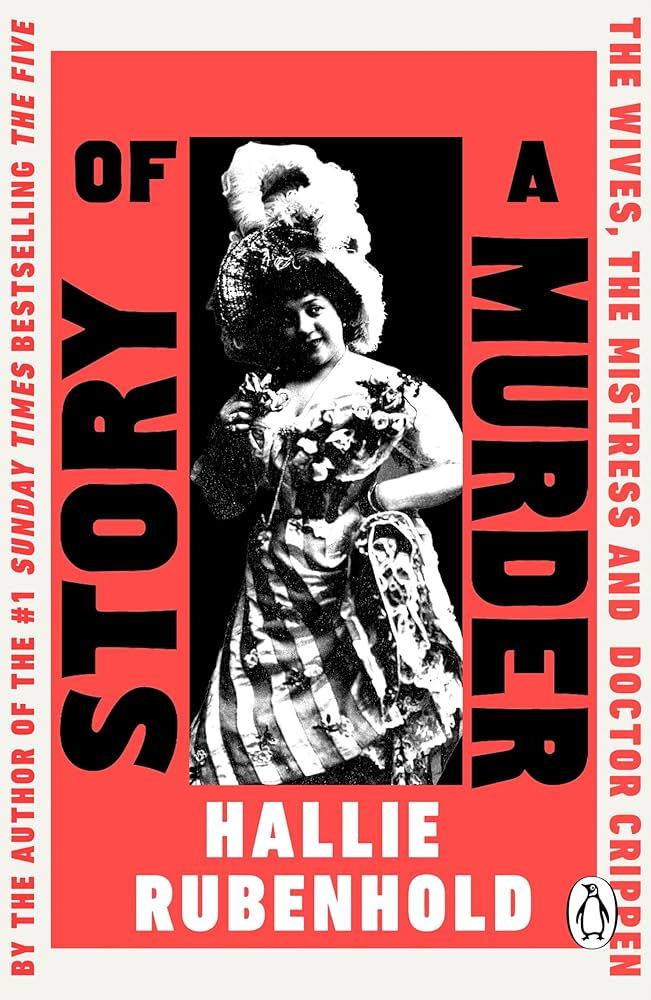
Hallie Rubenhold’s The Five, about the women murdered by Jack the Ripper, was a fascinating study of working-class nineteenth-century life that reversed the usual approach to the Ripper murders by concentrating on the victims’ lives rather than the identity of their killer. In her new book, Story of a Murder: The Wives, The Mistress and Doctor Crippen (Doubleday 2025), Crippen is rather more present than Jack the Ripper was in The Five, but it is still the story of the women rather than the doctor famous for killing them. In particular, it is the story of Cora Crippen, Crippen’s second wife.
Cora (or Belle Elmore, as she was known on stage) is often derided in accounts of the Crippen case, which sometimes come near to implying that by becoming fat, loud and middle-aged, she was practically asking to be bumped off. Here she emerges as an extraordinary character, a working-class New Yorker who forged a career in music hall. Far from being ridiculous or derided, she was popular, with many loyal friends. It was this popularity that meant that Crippen could not get away with murdering her. When he claimed that she had ‘gone away’, her friends refused to accept it and badgered the police on both sides of the Atlantic until they investigated her disappearance. Rubenhold here does what she does best, dissipating a century’s worth of dismissal of female victims of crime and presenting a more rounded picture of the women and the times.
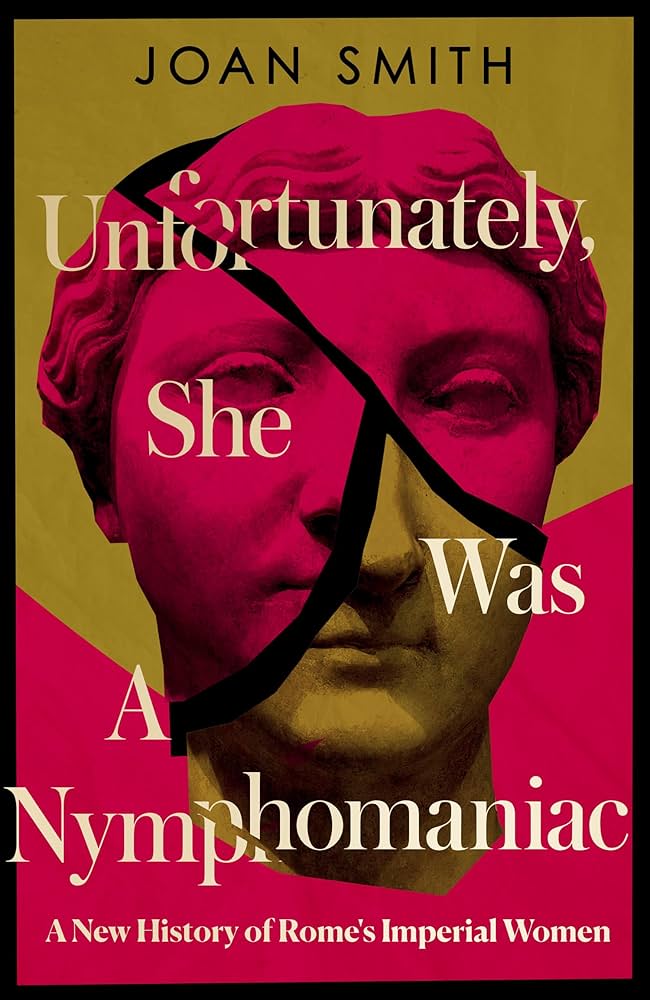
Historians of the first Roman Emperors (the Julio-Claudian dynasty, from Augustus to Nero) have been engaged in revising the verdicts on many of them, arguing that the sources that portray them as violent or unhinged are malicious gossip. Smith quotes from the British Museum’s website about its 2021 Nero exhibition, which questioned ‘the traditional narrative of the ruthless tyrant and eccentric performer, revealing a different Nero, a populist leader at a time of great change in Roman society’ (p.5).
While this reassessment of the reliability of Tacitus, Suetonius, and Cassius Dio’s portrayals of the male Julio-Claudians is going on, no such rehabilitation is allowed for the Julio-Claudian women. Many of the women of the first Imperial family suffered horrifying fates. In Unfortunately, She Was a Nymphomaniac: A New History of Rome’s Imperial Women (William Collins 2024), Smith tells the story of twenty-three of them, only about six of whom died of natural causes. The others were beaten, stabbed or starved to death, on the orders of and sometimes at the hands of the emperors, who were, remember, their fathers, brothers and sons. For contemporary historians and modern historians, they brought this on themselves by being ‘wilful, ambitious and sexually incontinent’ (p.5).
Smith here goes back to the sources to assess the sheer unlikelihood of many of the stories and presents an alternative picture of women caught in an invidious position: vital to the establishment of hereditary power, but with no rights themselves. It’s an important corrective and a very readable piece of Roman history.

If you prefer a bit of fiction for your beach reading, I can think of no better option than Troy Chimneys (Vintage 2014) by Margaret Kennedy, originally published in 1953. It’s the story of Miles Lufton, a young man from a hard-up gentry family in the early nineteenth century, and the moral and psychological compromises he has to make to get on in politics and society. Kennedy is a wonderfully subtle and observant novelist, but makes clear what she thinks about the injustices of the society she describes. She is also sceptical about the idea that all such injustices are behind us: with nicely judged irony, she has a character write in 1880 about the early nineteenth century that ‘I thank heaven that I was born in 1850! So much has been accomplished that we may be sure the rest will follow. We have got rid of oppression, injustice and tyranny. Another fifty years may see the whole Continent as far advanced as we’ (p.169). Don’t be put off by Anita Brookner’s introduction to the book (opening: ‘Troy Chimneys is a disconcerting novel’, p.vii); it’s not a difficult read, but one that will stay with you long after you’ve finished.
Michael Lavalette
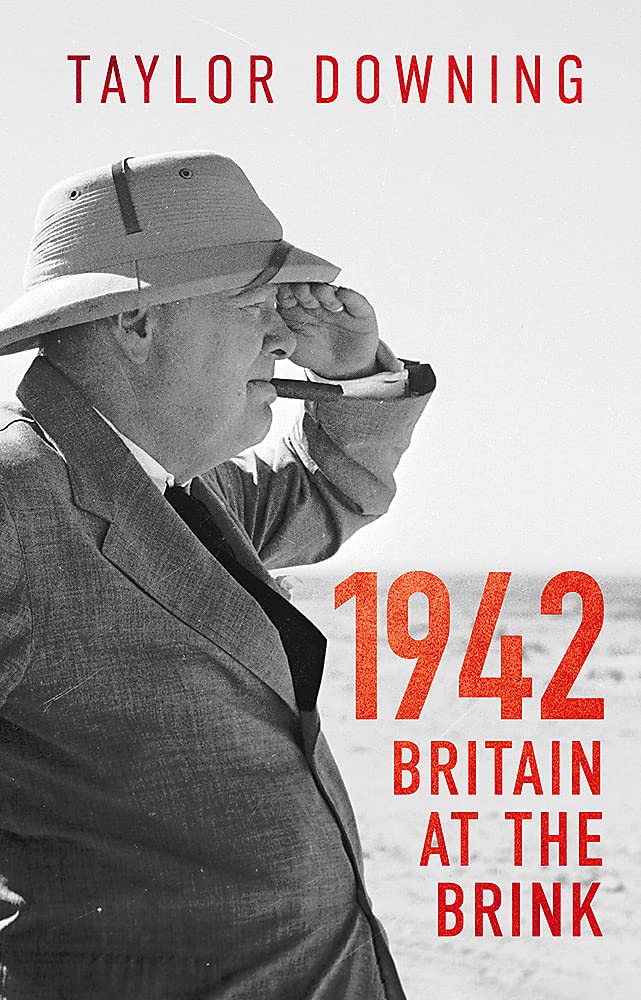
I’d like to recommend three books I’ve enjoyed recently. Summer holidays offer the chance to read something a little longer. Taylor Downing’s 1942: Britain at the Brink (Little Brown 2022) is a really engaging history of the key turning point in the Second World War. The start of that year looked really bleak for Britain. German forces were dominant across Europe and North Africa, and they were pushing the Red Army back on the Eastern Front. Japanese forces were charging across the British Empire in Asia, and on the home front, there were clear signs of trauma and war weariness. There were open discussions about who could/should replace Churchill. By the end of the year, things had changed dramatically; the Soviets had turned the Germans around and were on the long road to Berlin, the US were in the war, and, in North Africa, the British Empire forces had stopped Rommel. This is a good, interesting read about a crucial year.
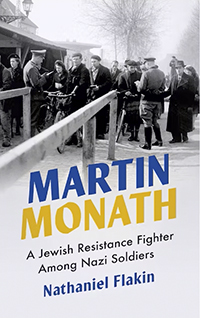
Still in the Second World War, Martin Monath: A Jewish Resistance Fighter Among Nazi Soldiers (Pluto 2019) by Nathaniel Flakin is a really interesting biography of Jewish resistance fighter and Trotskyist activist Martin Monath. Flakin traces the early life of Monath and his political development that took him from Zionism to revolutionary Marxism. During the war, he led several lives and moved across France and Belgium. As a Trotskyist, he didn’t see all German soldiers as the enemy (unlike the French CP, for example, who simply saw all Germans as ‘the Bosch’). For Monath, German soldiers were workers in uniform, and he set about fraternising and agitating amongst German forces, editing and distributing the paper Arbeiter und Soldat (Worker and Soldier). The book includes significant excerpts from the six editions of the paper that came out between mid-1943 and late 1944.
Finally, for downtime, I usually pick up a crime novel. This year, I’ve discovered Vaseem Khan’s Malabar House series (Hodder & Stoughton, 2020-2024), five novels based in post-partition India, where the crime investigation takes us through some of the horrors of partition and the British legacy in India.

John Rees
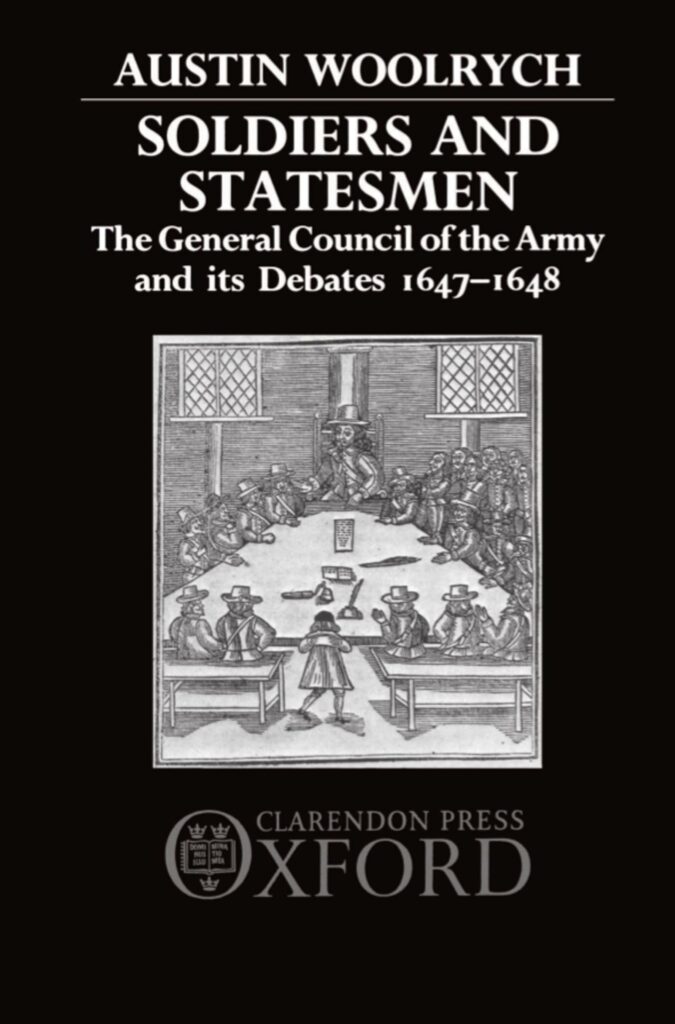
I’ve been re-reading Austin Woolrych’s Soldiers and Statesmen: The General Council of the Army and its Debates 1647-1648 (Clarendon Press 1987), his brilliant telling of the emergence of the agitators in the revolt of the New Model Army in 1647. I first read this over thirty years ago, and it’s lost none of its power in the intervening years. One of the essential books about the English Revolution.
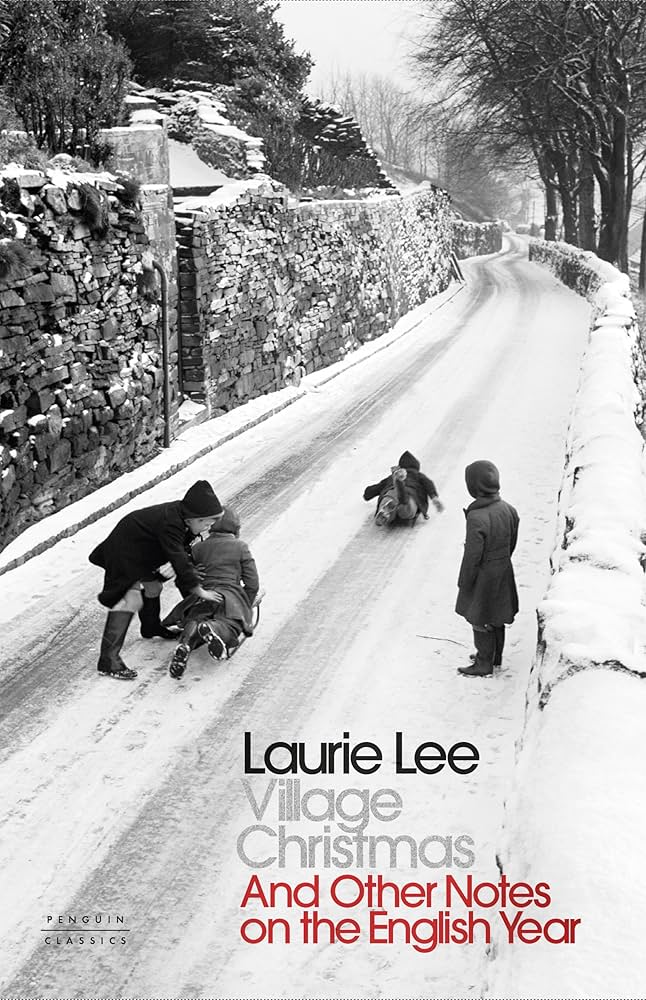
Counterintuitively, I’d also recommend Laurie Lee’s Village Christmas (Penguin Classics 2015). This isn’t quite as old as it might seem as a recommendation for summer reading: the subtitle tells us it also contains ‘other notes of the English year’. In fact it’s a cycle of essays about the English year, and each season is caught perfectly in Lee’s brilliant if sentimental portraits of his home village in the Slad Valley. It is also scattered with surprising and welcome political comments, but I am saving his Down in the Valley until the nights draw in.
Before you go
The ongoing genocide in Gaza, Starmer’s austerity and the danger of a resurgent far right demonstrate the urgent need for socialist organisation and ideas. Counterfire has been central to the Palestine revolt and we are committed to building mass, united movements of resistance. Become a member today and join the fightback.
